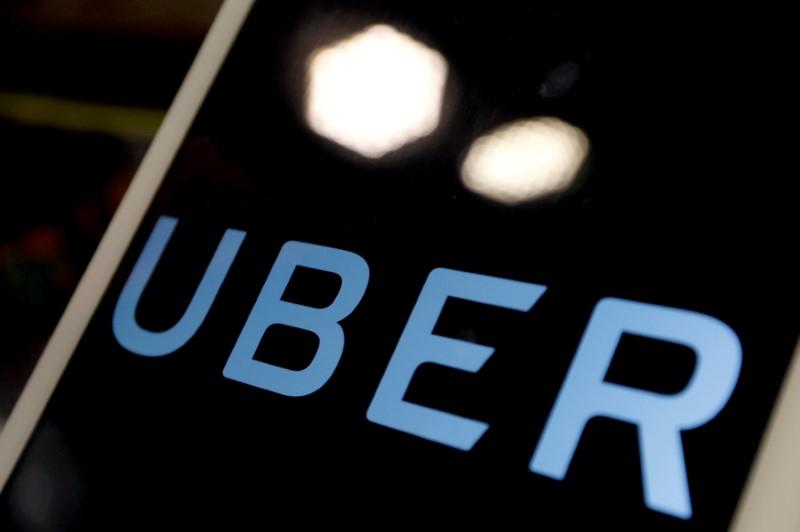Investigations into whether Uber is compliant with Australian workplace laws continue, as a ride sharing advocacy group threatens further disruptions following a nationwide strike against Uber’s recent pricing changes.
On Aug. 6, thousands of Uber drivers across Australia logged off the Uber app during peak-hour commuting time, from 7 a.m. to 9.30 a.m., in a strike initiated by advocacy group RideShare Drivers United (RSDU).




